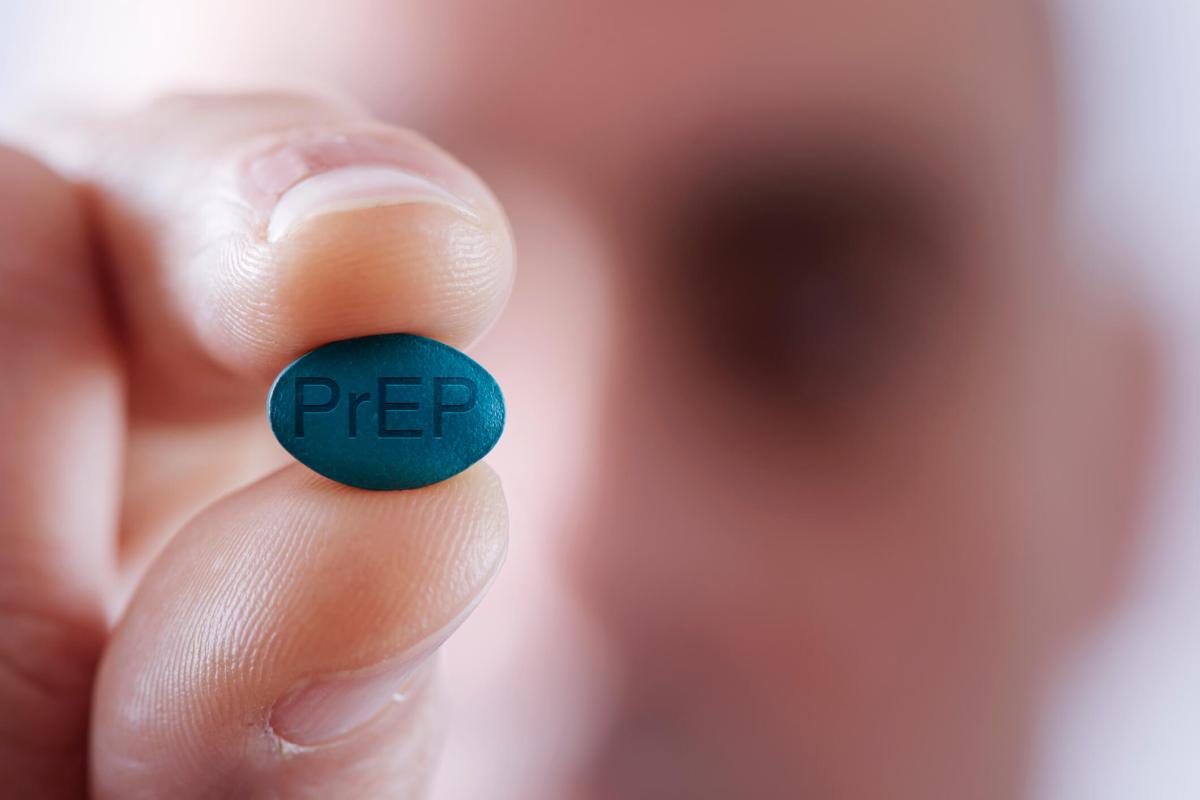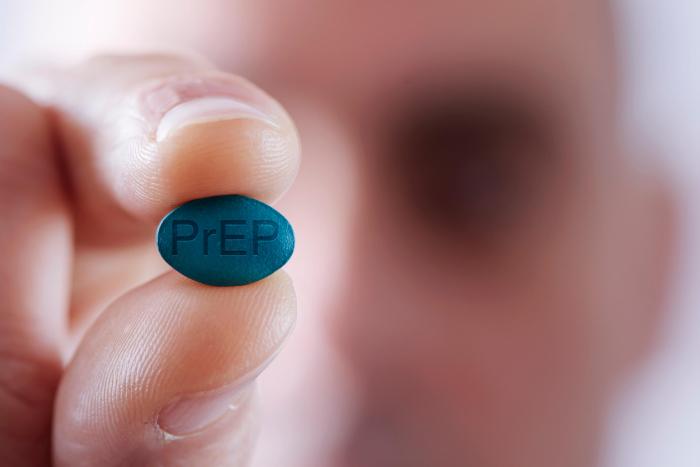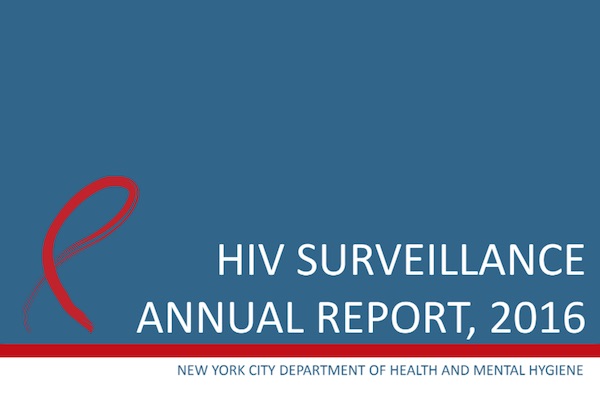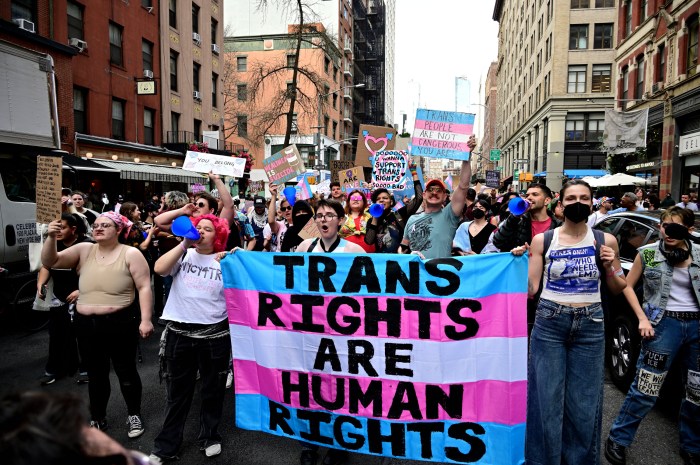On March 30 a federal judge in Texas ripped away no-cost preventive health care from over 150 million Americans.
In a politically driven lawsuit, filed by a Republican-backed Christian nationalist organization with religious objections to providing HIV prevention resources to its employees, activist Judge Reed O’Connor ruled that the Affordable Care Act’s (ACA) preventive services mandate is unconstitutional. If O’Connor’s decision in Braidwood Management v. Becerra is allowed to stand, health insurers will no longer be required to cover services that have been guaranteed by the ACA — including lifesaving screenings for serious health issues like cancer, anxiety and depression, heart disease, and intimate partner violence.
Leading legal experts and patient groups have noted that the case has no legal merit and will only serve to harm millions of patients. The Biden administration is appealing the decision, which will likely make its way to the Supreme Court.
The Braidwood decision, if it is allowed to stand, would be a disaster for HIV prevention, enabling individual insurers to deny access to pre-exposure prophylaxis (PrEP), medications that, according to the CDC, reduce the risk of contracting HIV from sex by 99%. PrEP is a cornerstone of federal and state plans to end the HIV epidemic, and it has been instrumental in reducing new HIV infections nationwide.
We know that improving access to medication is crucial to HIV prevention and that new infections are bound to rise if we restrict it. Over the years, GMHC has led many awareness raising efforts for this reason, and every day the counselors at our HIV & STI Testing Center help connect our clients with PrEP when they test negative. Most of these clients are low-income people of color who would be among those disproportionately impacted by the Braidwood decision.
Though its future as legal precedent remains unclear, the looming impacts of Judge O’Conner’s dangerous ruling are impossible to ignore. We need HHS Secretary Becerra to do everything in the administration’s power to enforce ACA protections. But states and cities also must do their part. In New York, there are three efforts underway right now that are critically important against the backdrop of this latest effort to undermine the ACA.
First, the Braidwood decision could result in loss of coverage for many New Yorkers who are on ACA plans through the New York State of Health exchange, including our staff at GMHC. The New York State Legislature and Governor Hochul took an important step in December 2022 toward increasing access by signing a bill that requires insurers in New York State to cover PrEP. However, it only covers people who are on group insurance plans. The state should expand this new law to ensure that all New Yorkers are protected.
We also need the Legislature to pass NY State Senate Bill S6779A, which would prohibit health insurers from requiring prior authorization for PrEP. Senator Brad Hoylman and Assemblymember Danny O’Donnell, two of our state’s great champions for prevention, introduced this bill to ensure greater coverage when new HIV infections rose in New York City during the COVID-19 pandemic after years of decline.
Finally, GMHC is also advocating for NY State Senate Bill S3297, also championed by Senator Hoylman, with Assemblymember Didi Barrett, which would enable pharmacists to dispense limited supplies of PrEP because we know that making it more widely available is fundamental to ending the HIV epidemic.
The Braidwood decision is a tragedy for millions of Americans, especially those who use PrEP to help prevent HIV infection. More broadly, it will limit patients’ access to a wide variety of preventative care, which will lead to an increase in life-threatening illnesses.
Now is the time for New York State to cement its status as a true “sanctuary state” for anyone who would benefit from PrEP, regardless of their sexual orientation or gender identity. So-called “religious freedom” should not include preventing the freedom of others to access healthcare.
Jason Cianciotto is Vice President of Communications and Policy at GMHC, the world’s first and leading provider of HIV and AIDS prevention, care, and advocacy.


































